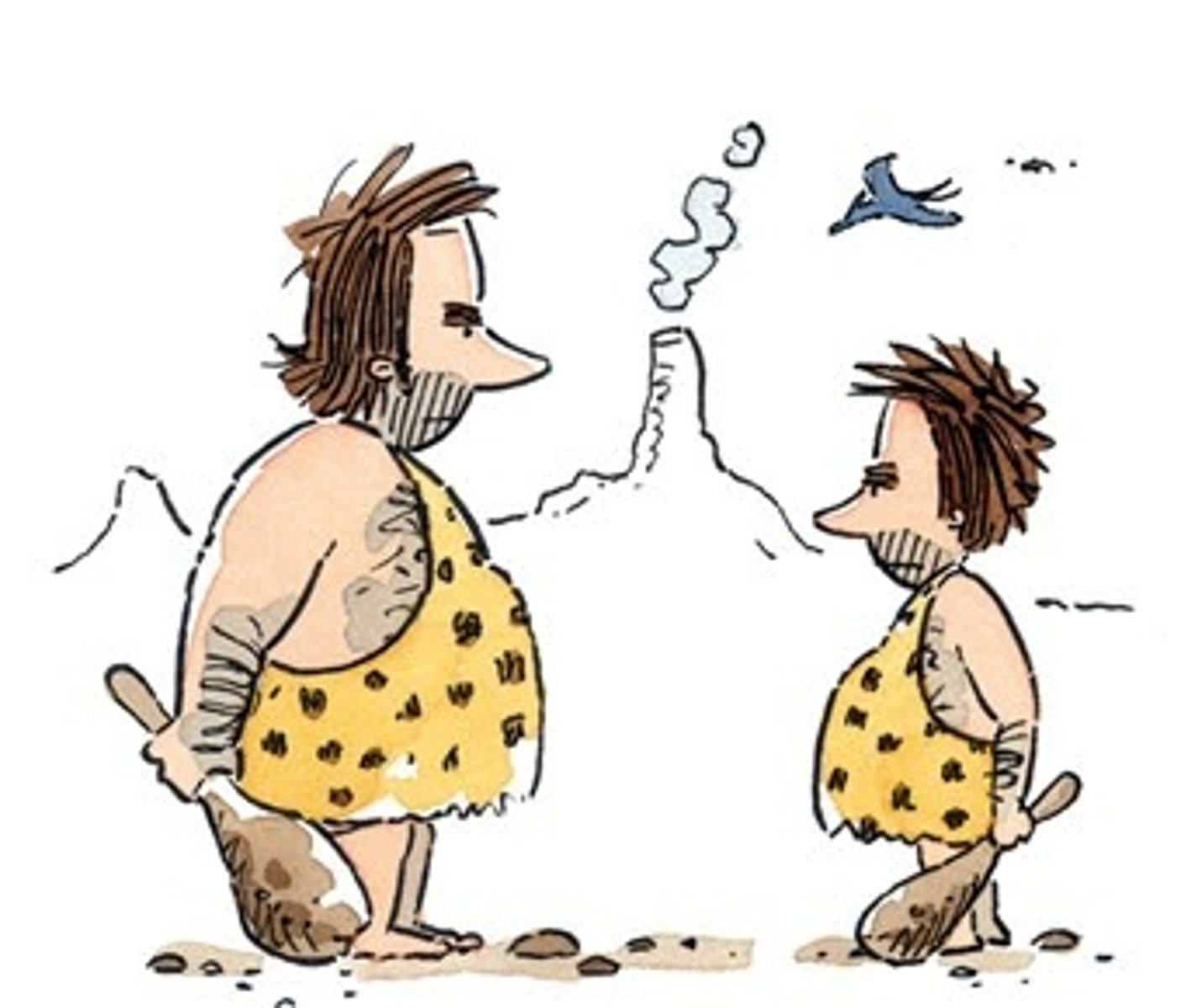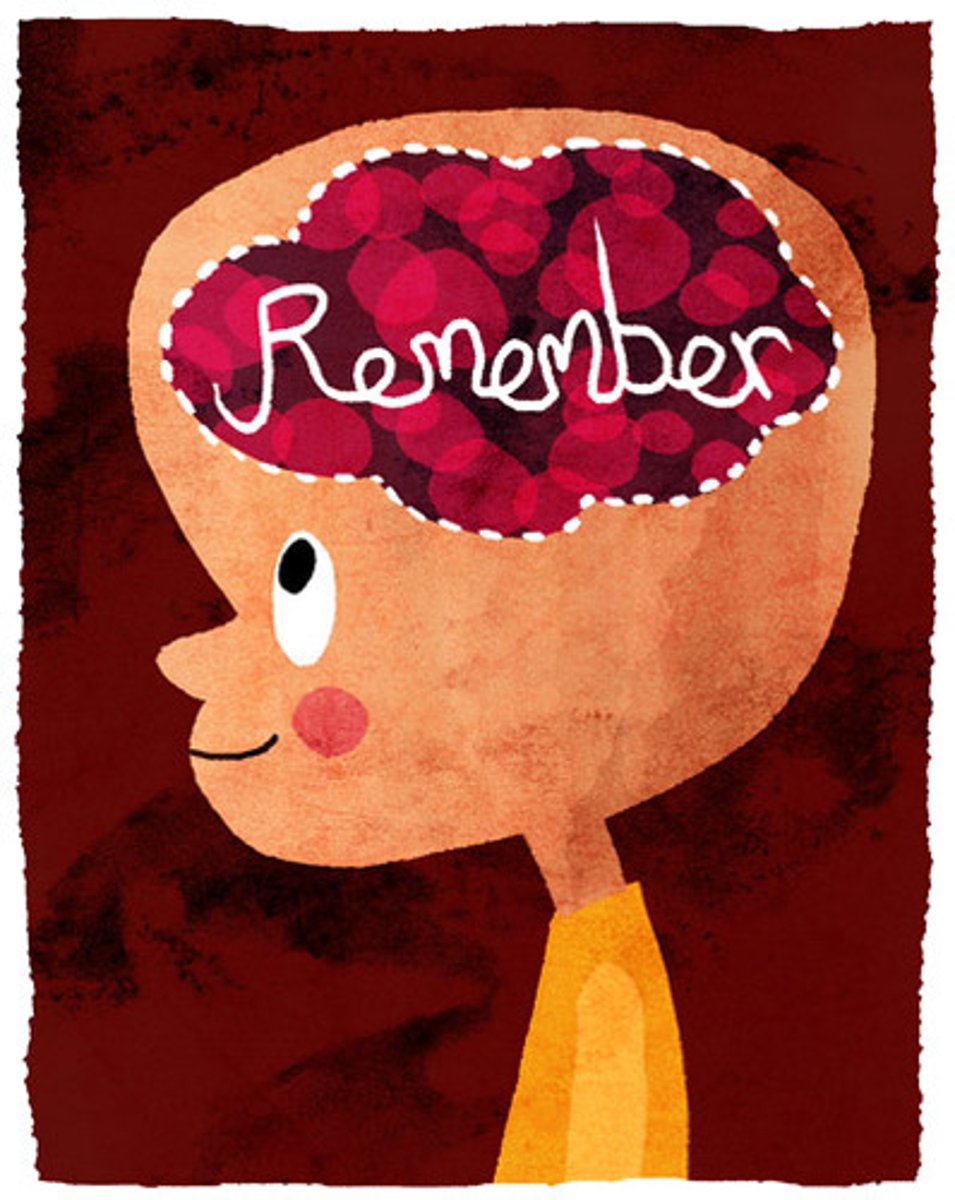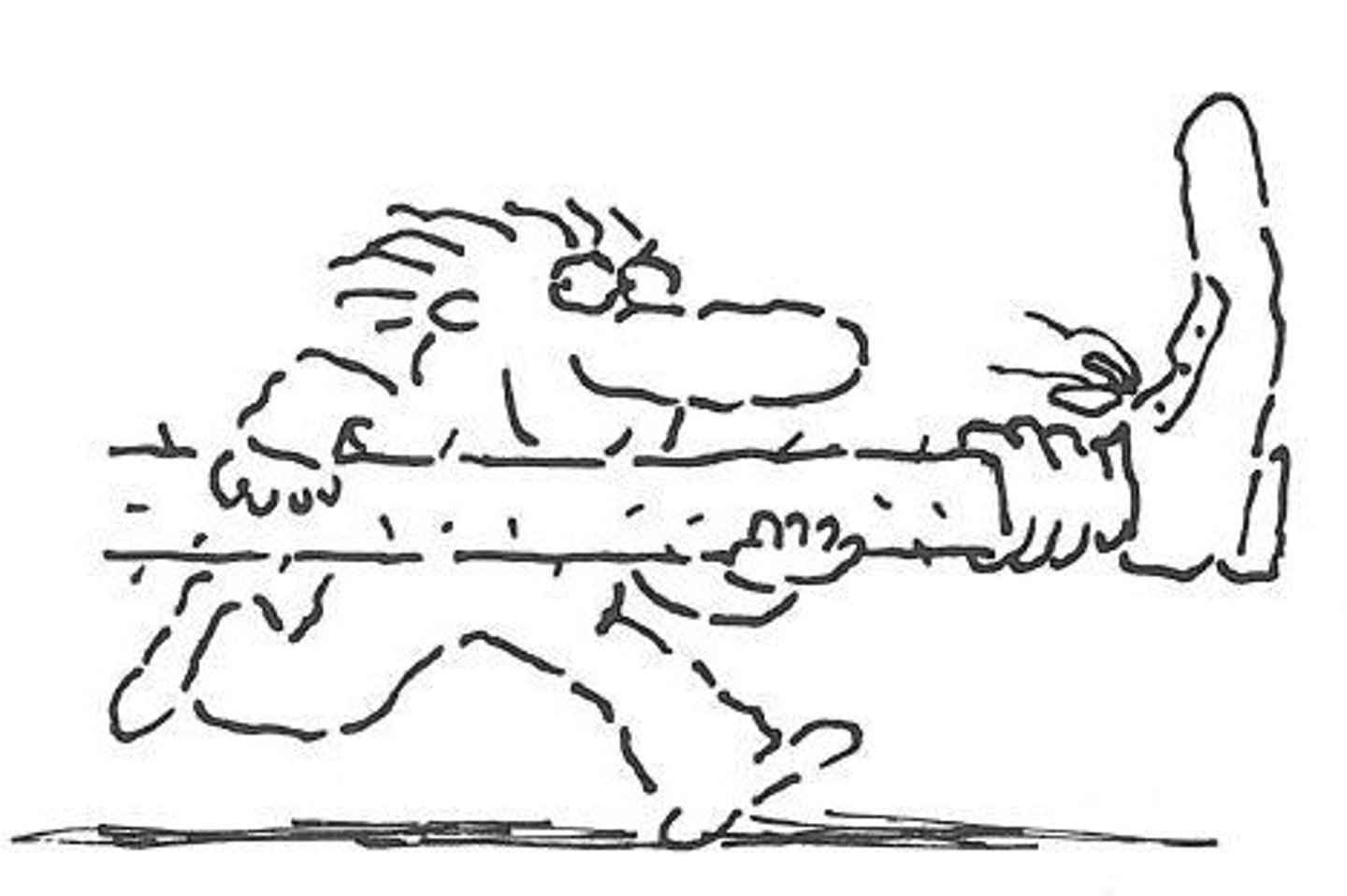Idioms
1/128
Earn XP
Name | Mastery | Learn | Test | Matching | Spaced |
|---|
No study sessions yet.
129 Terms
strike gold
to win a gold medal in a sports competition:
- She is the favourite to strike gold in the 400 metres hurdles.
to make large profits, have great success with something or to become rich:
- A few lucky people have struck gold by investing in this company.
- The studio struck gold with their latest film.
have nothing on someone or something
to not be as good as someone or something:
- He's a good player, but he's got nothing on his brother.
out of your depth
not having the knowledge, experience, or skills to deal with a particular subject or situation:
- I was out of my depth in the advanced class, so I moved to the intermediate class.
out of the blue
If something happens out of the blue, it is completely unexpected:
- One day, out of the blue, she announced that she was leaving.
have a green thumb
to be good at gardening and making plants grow well:
- She has a green thumb and finds working with plants therapeutic.
haul/drag someone over the coals
to speak angrily to someone because they have done something you disapprove of:
- He was hauled over the coals for coming in late for work.
- Jacky was hauled over the coals by her boss.
hold someone/something back
to stop someone or something developing or doing as well as they should:
- She felt that having children would hold her back.
If you hold someone or something back, you stop him, her, or it from coming or moving forward:
- Sandbags will hold the flood waters back for a while. to keep information secret from someone deliberately
cut corners
to save money or time when doing something by not including some parts, actions, or details, so that the result is not as good as it could be :
- There were concerns that airport security staff under pressure might be tempted to cut corners.
- The dictionary took nearly 70 years to complete because its makers refused to cut corners.
at hand
near in time or position:
- We want to ensure that help is at hand (= easily available) for all children suffering abuse.
keep/put your nose to the grindstone
to work very hard for a long time:
- She kept her nose to the grindstone all year and got the exam results she wanted.
pull your weight
to work as hard as other people in a group:
The others had complained that Sarah wasn't pulling her weight.
it never rains but it pours/ when it rains, it pours
said when one bad thing happens, followed by a lot of other bad things that make a bad situation worse
the stars align (also the fates align, the constellations align)
used to say that a situation is very good or lucky, or becomes completely right in order for something to happen:
- The stars aligned when they met and fell in love.
- I thought all the stars had aligned for him to finally get another win.
- It looked like the fates had aligned to bring the two sides together.
- The constellations were aligning against the Tory party.
jump to conclusions
to guess the facts about a situation without having enough information:
- Don't jump to conclusions! Perhaps it was his daughter he was dancing with.
stick to your guns
to continue to have your beliefs or continue with a plan of action, even if other people disagree with you:
- Despite harsh criticism, she's sticking to her guns on this issue.
beat around the bush
to avoid talking about what is important:
- Don't beat around the bush - get to the point!
- He didn't come right out and say that he didn't like the dinner. He beat around the bush.
read between the lines
to try to understand someone's real feelings or intentions from what they say or write:
- Reading between the lines, I'd say he isn't happy with the situation.
- It's hard to read between the lines when his face is always so serious.
take something at face value
to accept something as it appears to be rather than studying it more closely:
- I took the offer at face value. I didn't think they might be trying to trick me.
give or take
possibly a little more or less than the amount or time mentioned (плюс-минус):
It'll be ready at 6:00, give or take a few minutes. It cost £200, give or take.
to put it mildly
used for saying that something is much more extreme than your words suggest (мягко говоря):
It has been a remarkable day, to put it mildly.
you've got nothing to lose
used to say that you cannot make things worse, or cause any disadvantages for yourself by doing a particular thing:
Why don't you take the job? You've got nothing to lose.
I'm off to the gym. / I'm heading to the gym.
I'm going to the gym.
set/put your mind to something
to decide you are going to do something and to put a lot of effort into doing it:
- if you'd just put your mind to it, I'm sure you could do it.
make up your mind
to decide:
I haven't made up my mind where to go yet.
slip your mind
If something slips your mind, you forget it:
I'm sorry I forgot your birthday - it just slipped my mind.
take someone's mind off something
to stop you from worrying or thinking about a problem or pain, often by forcing you to think about other things:
- The good thing about running is that it takes my mind off any problems I have.
stick your neck out
to take a risk:
I'm really sticking my neck out by investing my money in this idea.
cut both ways
to have both advantages and disadvantages:
The promotion cuts both ways because though I'll make more money, I'll have to be away from my family more often.
put on an act
to behave or speak in a false or artificial way:
- He's just putting on an act for the boss's benefit.
- She doesn't really like her boss, but she puts on an act when he's around.
come right out with (something)
directly say something:
- He didn't hesitate. He came right out with his criticism.
- What's the secret? Come out with it already!
agree to differ/agree to disagree
to accept that you have different opinions from another person about a particular thing, and stop trying to persuade each other that you are right:
- Her parents are Republicans, and they have agreed to differ with their daughter.
- There are areas where we will simply have to agree to disagree.
the bird has flown
said when the person or thing you are looking for has gone away or escaped;
have time on your hands
to have nothing to do:
- Gina has some time on her hands, so she is taking a college course.
What are you up to?
What are you doing?
have nothing to do with someone/something
to not involve someone or something:
- He said that he had nothing to do with the decision.
- As I said, it's nothing to do with me.
- I want nothing to do with (=do not want to be involved) the whole thing.
burn the midnight oil
to work late into the night:
Last night I was burning the midnight oil, trying to finish the plans for a project.
can't be bothered
If you can't be bothered doing/to do something, you are too lazy or tired to do it:
- Most evenings I can't be bothered cooking.
- I know I should go to the gym this evening but, to be honest, I can't be bothered.
bear/keep something in mind
to remember a piece of information when you are making a decision or thinking about a matter:
Bearing in mind how young she is, I thought she did really well.
cross someone's mind
If something crosses your mind, you think of it:
It never once crossed my mind that she might be unhappy.
know your own mind
to be certain about what you believe or want:
- She may be only a child, but she knows her own mind
lose your mind
to become crazy:
I'm going to lose my mind if I have to stay here any longer.
be in two minds
to be unable to decide about something:
I was in two minds whether or not to come this morning.
speak your mind
to say what you think about something very directly:
He's certainly not afraid to speak his mind.
read someone's mind
to know what someone is thinking without them telling you: "How about a drink, then?" "Ah, you read my mind!"
make a call
To make a decision (about something).
I know that neither option is ideal, but you have to make a call soon. I'll make a final at the end of the day.
of two minds (about something)
unable to make a decision:
I was of two minds about whether to invite him to the wedding.
hold your horses
used to tell someone to stop and consider carefully their decision or opinion about something:
Just hold your horses, Bill! Let's think about this for a moment.
know something like the back of your hand
to have very good and detailed knowledge of something:
I know this area like the back of my hand.
bear with someone
to be patient and wait while someone does something:
If you'll just bear with me for a moment, I'll find you a copy of the drawings.
supply and demand
the idea that the price of goods and services depends on how much of something is being sold and how many people want to buy it
- Oil prices should be set by supply and demand, and not artificially regulated.
fat chance
used to say that you certainly do not think that something is likely to happen:
- "Perhaps they'll invite you." "Fat chance (of that)!"
be (only/just) a matter of time
it is certain to happen but you do not know when it will happen:
- It's only a matter of time before he's forced to resign.
take stock (of something)
to think carefully about a situation or event and form an opinion about it, so that you can decide what to do:
- After two years spent teaching overseas, she returned home for a month to take stock of her life.
throw yourself into something
to do something enthusiastically:
- She's thrown herself into this new job.
cast a shadow over/on something
to spoil a good situation with something unpleasant:
- Her father's illness had cast a shadow over the birth of her baby.
go over someone's head
to appeal to a higher authority than someone in an attempt to get what you want :
- Amanda was refusing to give me the week off so I went over her head and spoke to the boss.
grow on someone
If someone or something grows on you, you like him, her, or it more and more than you did at first:
I wasn't sure about this album when I bought it, but it's really grown on me.
I'm all ears
to be waiting eagerly to hear about something:
- I'm all ears - tell us what they had to say.
bottle up your feelings
to hide your emotions from other people
There's always room for improvement
used to say that something is not perfect and needs to be impoved
- The report shows that there is room for improvement.r
avoid fluff
avoid unnecessary details that are not useful to your audience
keep sb on the edge of (one's) seat
keep you excited and interested in what happens next
short and sweet
quick and simple
the way the cookie crumbles
said when something slightly unlucky has happened that could not have been prevented and so must be accepted
take something with a grain of salt
to not completely believe something that you are told, because you think it is unlikely to be true:
- You have to take everything she says with a grain of salt, because she tends to exaggerate.
have a lot on your plate
to have a large number of problems to deal with or a large amount of work to do:
- I don't have a lot on my plate today, so I can help you.
in a pickle
in a difficult situation
- I'm in a bit of a pickle and need some help.
in a nutshell
briefly, in a few words, to summarize:
- So in a nutshell, you need to move all the contents of your apartment in 24 hours.
at/in one sitting
during one limited period of time, without stopping:
I enjoyed the book so much that I read it all in one sitting.

in one go
All at one time or in one attempt.:
-We'll never be able to carry all these boxes out in one go—we'll have to make several trips.
be the bee's knees
to be excellent or of an extremely high standard:
- Have you tried this ice cream? It's the bee's knees, it really is.
miss the boat
to lose an opportunity to do something by being slow to act:
- There were tickets available last week, but he missed the boat by waiting till today to try to buy some.
work your fingers to the bone
to work extremely hard, especially for a long time:
- She worked her fingers to the bone to provide a home and food for seven children.
take something in your stride
to deal with a problem or difficulty calmly and not to allow it to influence what you are doing:
- When you become a politician, you soon learn to take criticism in your stride.
someone can dish it out but he or she can’t take it
someone easily criticizes other people but does not like it when other people criticize him or her:
- He’s mad at me for teasing him – he can dish it out, but he can’t take it!
in the nick of time
at the last possible moment:
- We got there just in the nick of time.
donkey's years
a very long time:
She's been in the same job for donkey's years.

time and (time) again
very often:
- I've told you time and time again - look before you cross the road.
- Time and again we hear these promises from politicians.
stamped on someone's memory
If a particular event, etc. is stamped on someone's memory, the person will always remember it:
- The awful sound of the crash will be stamped on her memory forever.
- They were the most glorious summers of my life and are truly stamped on my memory forever.
bring to mind
to make you remember something:
- That music brings to mind our first date.
- That brings to mind that hat you had with the wide brim.

make a killing
to earn a lot of money in a short time and with little effort:
- They made a killing with the sale of their London house.
in blissful ignorance
not knowing any of the unpleasant facts about something:
- All the time his business was failing, he kept his wife and family in blissful ignorance.

be over the moon
to be very pleased:
- She was over the moon about/with her new bike.

it remains to be seen
it is not yet certain:
- It remains to be seen who will win.
- But whether it will be adopted at this stage remains to be seen.

turn on a dime
By extension, to change focus, activity, opinion, or behavior very suddenly or abruptly:
- He's usually a nice guy, but his temper can turn on a dime sometimes.
- Politicians have no loyalty to their causes—they'll turn on a dime if it means they'll get more votes.
thrilled to bits
extremely pleased:
- She was thrilled to bits with her present.
- I was thrilled to bits to hear that I'd been selected for a literary award in New York City.

connect the dots/join the dots
to understand the relationships between different facts or events so that you fully understand a situation:
- If I was able to join the dots and discover your true identity then I am sure that, in time, others will too.
- There was a basic failure to just join the dots and realize what was really going on.
by leaps and bounds
very quickly:
The company is growing by leaps and bounds this year.

at the expense of someone/ at someone's expense
in a way that embarrasses or harms someone:
- Would you stop making jokes at my expense?
resulting in the loss of something:
- Do we really want to speed the process up at the expense of safety?
show/teach someone the ropes
to show someone how to do a job or activity:
- Lynn spent an afternoon showing the new girl the ropes.

raise the bar/lower the bar
set the bar high/low
To raise standards or expectations, especially by creating something to a higher standard (поднять планку):
- Acme's new technology will raise the bar for the entire industry.
- They've set the bar high in terms of what people expect from them.
- Set the bar low at first, then amaze the audience with a fantastic performance.
(up) to the hilt
Something that is done (up) to the hilt is done completely and without any limits:
- The government is already borrowing up to the hilt.
rule of thumb
a practical and approximate way of doing or measuring something (неписанное правило):
- A good rule of thumb is that a portion of rice is two handfuls.
cost an arm and a leg/a small fortune
to be extremely expensive:
- I'd love to buy a Porsche, but they cost an arm and a leg.
put your foot in your mouth
to say or do something that you should not have, esp. something that embarrasses someone else:
- I really put my foot in my mouth – I asked her if Jane was her mother, but she said Jane is her sister.
hand over fist
If you make or lose money hand over fist, you make or lose a lot of money very quickly:
- Business was good and we were making money hand over fist.
if anything
used when saying that what people may believe is not true, and the opposite may be true:
- If anything, you have to work even harder when your dad's the boss.
- I think I'm pretty honest about my emotions most of the time; if anything, I'm too frank about them.
used when saying that there may be nothing:
- We need to assess what happened and what, if anything, we could have done to prevent it.
under the table
If something is done under the table, it is a secret, hidden action:
- They offered him money under the table to change his mind.
- It’s money I earned under the table, so I'm not sure how I would declare it.
someone's two cents
someone's opinion about something, esp. when it was not asked for or wanted:
- If the changes are going to affect me, then I want to put my two cents in.
pull someone's leg
to try to persuade someone to believe something that is not true, as a joke:
- Is it really your car or are you pulling my leg?
- Stop pulling my leg – you didn’t have lunch with Bono!
